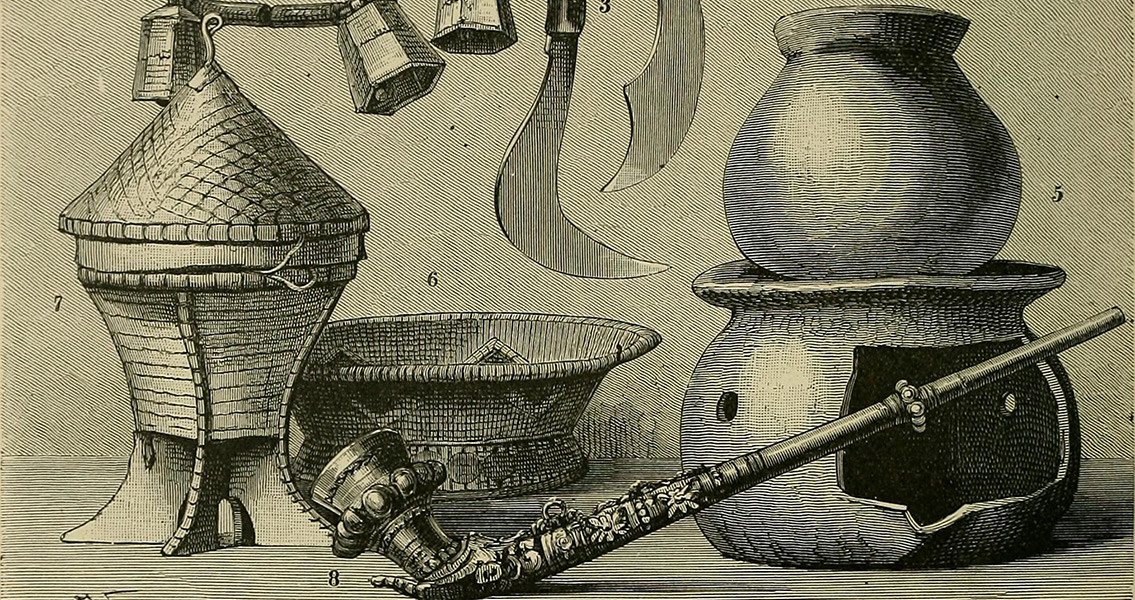<![CDATA[A new study from the University of Exeter argues that teaching might not have been essential in the development of human culture. Published in the journal Scientific Reports, the authors argue that cognitive traits such as causal reasoning and strategic thinking have been just as crucial in our cultural development as social based methods of learning. Humans are unique for the cumulative nature of our development. Knowledge or skills developed by one person are passed along and refined, leading to progressive improvements in tools and technologies. Although other species in the animal kingdom have demonstrated simple forms of culture such as rudimentary tools, foraging methods, vocal dialects and social rituals, there is no convincing evidence that their cultural traits accumulate or improve over time. The cumulative pattern of development has been crucial to our progression and dispersal around the globe, and yet the cognitive mechanisms enabling it remain unclear. Elena Zwirner and Alex Thornton, the authors of the study, argue that contrary to most theoretical predictions the cumulative improvements in tools are not just a consequence of social learning mechanisms. Essentially, they suggest that teaching and imitation have not been as important to the development and furthering of human culture as one might expect. "Although the proposal that imitation and teaching are necessary requirements for cumulative culture enjoys widespread acceptance, empirical evidence is scarce and equivocal." They write in the study, published today. The scientists set up an experiment to replicate the conditions encountered during evolution, as a way to test how important teaching and imitation were in the development of our ability to make tools. 180 participants were randomly assigned to one of three social learning treatments: Emulation, Imitation, or Teaching. Another 10 participants were then assigned to an 'Asocial treatment', where they would have to perform the task without the assistance or influence of others. Each group was then assigned the task of producing rice baskets using nothing but everyday materials. Zwirner and Thornton expected the baskets of the Teaching and Imitation groups to substantially out perform those of the Asocial group, but their results were surprising. Even though the Teaching group produced the most robust rice baskets, after six attempts all of the groups demonstrated incremental improvements in the capacity of the rice baskets they had created. Dr. Thornton, from the University of Exeter's Centre for Ecology and Conservation, explained the significance of the study. "Our study helps uncover the process of incremental improvements seen in the tools that humans have used for millennia. While a knowledgeable teacher clearly brings important advantages, our study shows that this is not a limiting factor to cultural progress. Humans do much more than learn socially, we have the ability to think independently and use reason to develop new ways of doing things. This could be the secret to our success as a species." The study provides greater insight into the age old question of what really separates humans from animals. Although teaching and emulation undoubtedly make a significant difference, they are clearly not fundamental in the development of our cumulative culture. As the study explains "We find that emulation is sufficient to generate cumulative improvements, but argue that it cannot be considered in isolation from other cognitive factors such as causal reasoning and strategic decision-making." For more information: www.nature.com]]>
Drastic Rethink Needed On Roots of Human Culture
